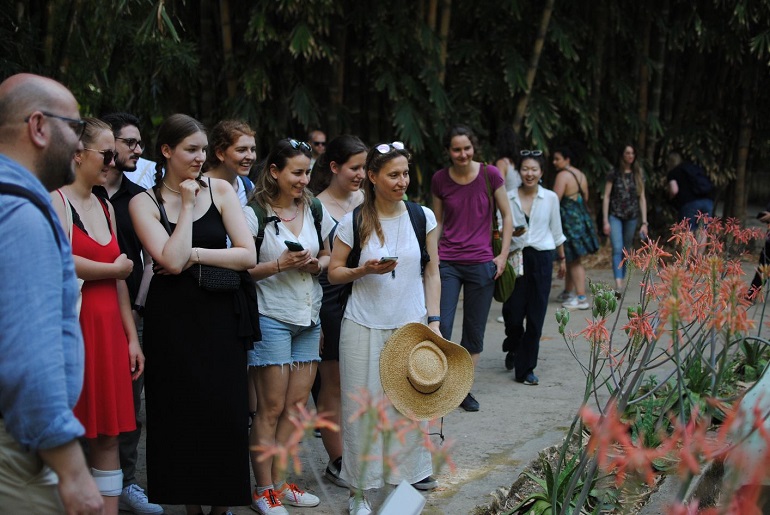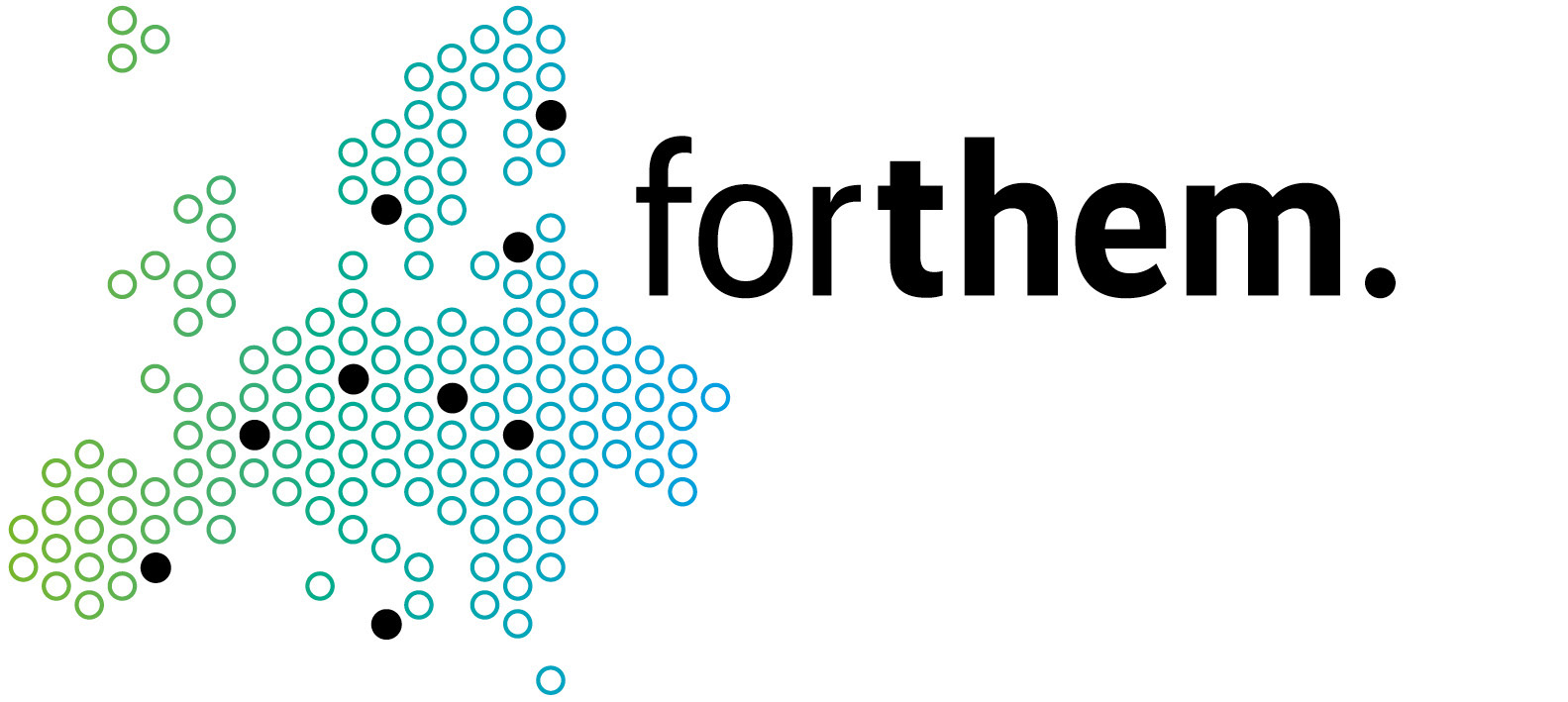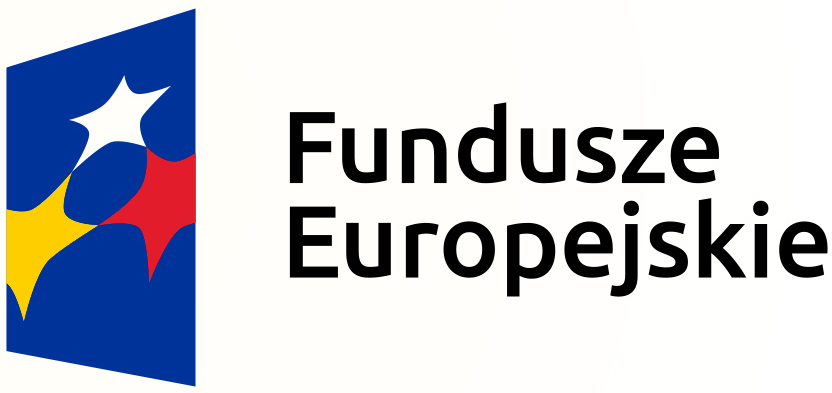FORTHEM alliance summer school at Faculty of Philology

The only Collective Short Term Mobility
organised in Opole by the FORTHEM alliance this academic year will take place
from the 18th to the 22nd of July 2022 at the Faculty of
Philology of the University of Opole.
The event, entitled Symbolic Boundaries and
Multidisciplinary Perspectives: A Summer School on Diversity, Distinction and
Difference - Frontières Symboliques et Perspectives Multidisciplinaires. Une
Université d'Été sur la Diversité, la Distinction et la Différence, will
bring together PhD students, graduates, and employees from the alliance
universities: the University of Valencia, the University of Burgundy in Dijon, the
University of Palermo, the University of Latvia in Riga, as well as colleagues
from partner universities (Erasmus+ Key Action 107) in Australia (Edith Cowan),
the United States (the University of Central Missouri), Israel (Kaye College),
Albania (the University of Vlora), Iran (Mazandaran University) and Indonesia
(Airlangga University). In total, dozens
of participants from Europe and other parts of the world will take part in the
event. The Summer School will be
conducted in two languages - English and (for some participants) French.
The students and postgraduates will spend
five days intensively reflecting on the concept of symbolic borders. A detailed programme can be found here.
On the first day, in the conference room of
the Opole University Museum, the opening lecture will be presented by Benno
Herzog, professor of sociology at the University of Valencia, who specialises
in the study of discourse. The lecture, open to all those interested, will be
followed by an interdisciplinary discussion, while in the afternoon
participants will take part in a 'sociological' walk around Opole. In the evening, the Meduza cinema will host a screening of a documentary on post-World
War 2 resettlement, and a final discussion of the day.
The second day will have the form of a
symposium. Over the course of four
sessions, lecturers will share with participants the results of their research
activities, closely linked to the theoretical framework of the school, carried
out in various disciplines: literary
studies, cultural studies, postcolonial studies, linguistics, sociology and
educational studies. The sessions at the
Collegium Maius are open to those willing to listen to lectures and participate
in discussions.
On the third day, participants will take
part in a history workshop at the Central Museum of Prisoners-of-War in
Łambinowice, where the history of the POW camp and the fate of representatives
of various prisoner groups will serve as a pretext and research material for
their work.
On the
fourth day of the Summer School, participants will move to the Contemporary Art
Gallery, where they will take part in a workshop based on the work of Dr
Natalia Krawczyk of the Institute of Visual Arts with 'invisible' American
artists. After viewing a graduation
exhibition prepared by students from the Faculty of Art, participants will
discuss their own master's or doctoral projects at work tables with lecturers,
experimenting with art-based methods and inspirations from the field of
contemporary art.
On the final day, students will present the
results of their project work in a concluding session at the Collegium
Maius. The events of the Summer School
will also be accompanied by less formal meetings and outings.
The Summer
School is organised by Dr Anna Ledwina, Assoc. Prof. (Chair of French and
Francophone Literature) and Dr Michał Wanke (Chair of Cultural and Religious
Studies) with the participation of colleagues from the FORTHEM Diversity and
Migration Lab, and the organisational support of Halina Palmer-Piestrak
responsible for the KA107 Erasmus+ action and Paulina Panic working for the
FORTHEM alliance.



